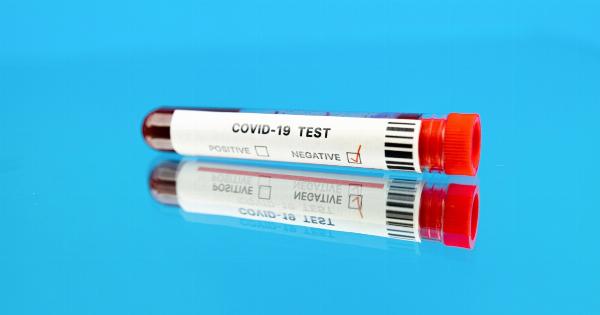The Middle East Respiratory Syndrome (MERS) is a respiratory illness caused by a coronavirus (MERS-CoV) that was first identified in Saudi Arabia in 2012.
Since then, cases of MERS have been reported in several countries, with the largest outbreaks occurring in Saudi Arabia, South Korea, and the United Arab Emirates.
According to the World Health Organization (WHO), as of May 2021, there have been 2542 laboratory-confirmed cases of MERS, including 881 deaths, which means the fatality rate for MERS is around 35%.
Recently, the number of MERS fatalities surpassed 200, which is a concerning milestone.
What is MERS and how is it transmitted?
MERS is caused by a coronavirus that is similar to the one that caused the outbreak of Severe Acute Respiratory Syndrome (SARS) in 2003. MERS-CoV is of zoonotic origin, which means it is transmitted from animals to humans.
It is believed that camels are a primary source of human infections, although other animals, such as bats, may also play a role.
The virus is primarily transmitted through close contact, such as caring for or living with an infected person.
It can also be passed on through contact with contaminated surfaces or objects, as well as through respiratory droplets produced when an infected person coughs or sneezes. Healthcare workers are at a higher risk of contracting MERS, particularly if they do not use proper infection prevention and control measures.
What are the symptoms of MERS?
The symptoms of MERS can range from mild to severe and may include:.
- Fever
- Cough
- Shortness of breath
- Chills
- Muscle pain
- Headache
- Sore throat
- Fatigue
In severe cases, MERS can lead to pneumonia, acute respiratory distress syndrome (ARDS), kidney failure, and even death.
Prevention and treatment of MERS
There is currently no specific treatment for MERS, and no vaccine is available to protect against it. Treatment is supportive and aimed at relieving symptoms and complications. Some patients may require hospitalization and oxygen therapy.
The best way to prevent MERS is to avoid close contact with infected individuals, practice good hygiene, and take measures to protect yourself when in healthcare settings.
It is recommended that people traveling to areas with known MERS outbreaks take extra precautions, including avoiding contact with camels and consuming only pasteurized camel milk and products made from it.
The importance of continued surveillance and research
The recent increase in MERS fatalities is a reminder of the importance of continued surveillance of the disease and ongoing research to better understand its transmission, pathogenesis, and treatment.
The WHO continues to advise countries to remain vigilant and take necessary measures to prevent the spread of MERS.
Conclusion
MERS is a serious respiratory illness that has had a significant impact on public health since it was first identified in 2012.
As the number of MERS fatalities surpasses 200, it is important to continue to take preventive measures and practice proper infection prevention and control to limit the spread of the disease. Further research and continued surveillance are necessary to better understand MERS and develop effective treatments and preventive measures.


























